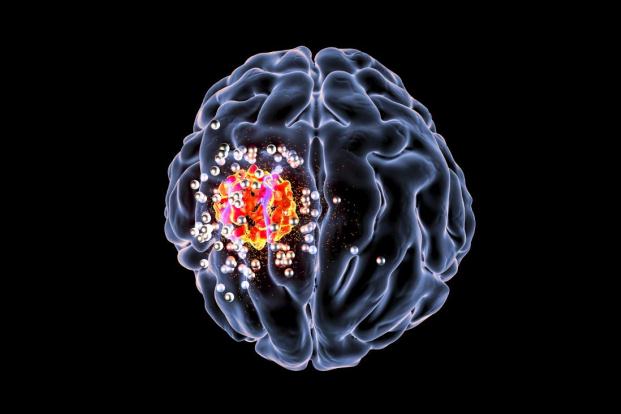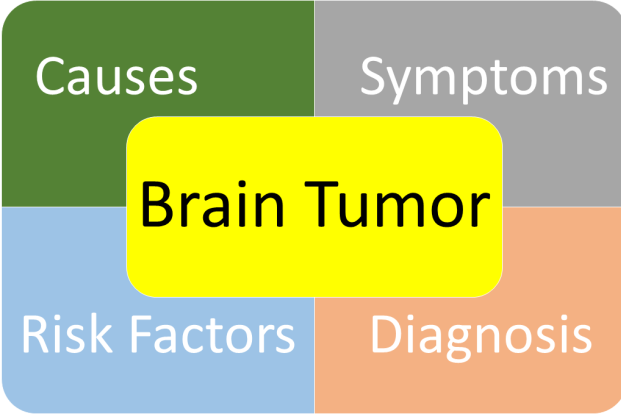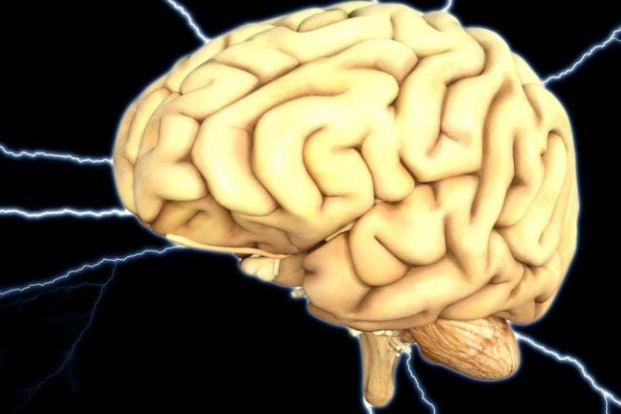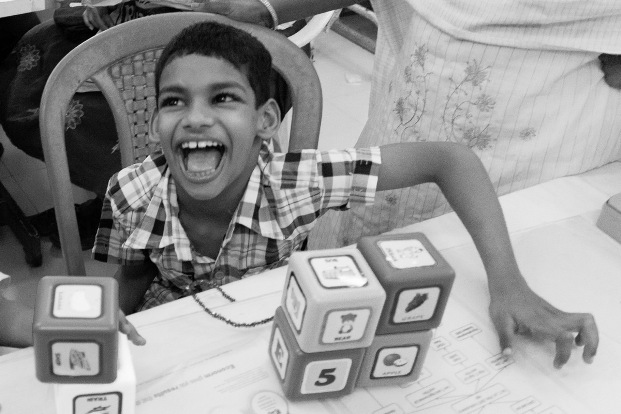Effects of SCI on Sexuality, Personality and Internal Functions

Apr 19, 2022
Our sexuality is the key component to determine what we are. It gives pleasure, relief from everyday stress & a possibility to bond with our partner. There is certain proof also that healthy sex life could improve our overall health by lowering our risk of depression & boosting our immune system. Yet many survivors of spinal cord injury are reticent to talk about problems of sexuality.

We deserve clearer answers regarding our sexuality, so we shall not shy away from discussing it. Most of the survivors of spinal cord injury remember some degree of their sexual functioning; however, we may realize that things are different. Our libido may change & arousal may also take longer. We may require help for having intercourse. Women may require the use of lubricants whereas men may require pharmaceutical help for achieving an erection. Such issues often improve with practice & time.
Fertility may become a problem too, mainly if we suffer from some chronic infection. Women may be unable to deliver the baby safely post a spinal cord injury, however, the specifics of the prognosis depend on injuries. People can become parents in many ways & individuals having spinal cord injury could be & often are attentive and compassionate parents.
Personality & Emotions
Spinal cord injury typically does not affect the brain function, though they often have an effect on the body’s ability to relay signals to the brain. Although we do not have to worry regarding transformations in our brain having an effect on our personality, our experience of the world may be very different as compared to what it was prior to our injury.
It isn’t uncommon for survivors of spinal cord injury to become anxious or depressed, mainly in the early days post an injury. Lack of sensation in limbs, changes in our occupation & alterations in our sexuality can subtly change our personality and mood.
Internal functions
Depending upon the injury location, several vital internal functions could change- most obvious being breathing. The patient may be placed on ventilators post their injury, and could continue requiring help in breathing. It is possible that the other involuntary functions could also change. Some survivors of SCI experience a slower immune system response or chronic constipation. Others struggle with irregular heart rhythm. There exists no care for such challenges however, many medical interventions could counteract their effects.

.jpg)





